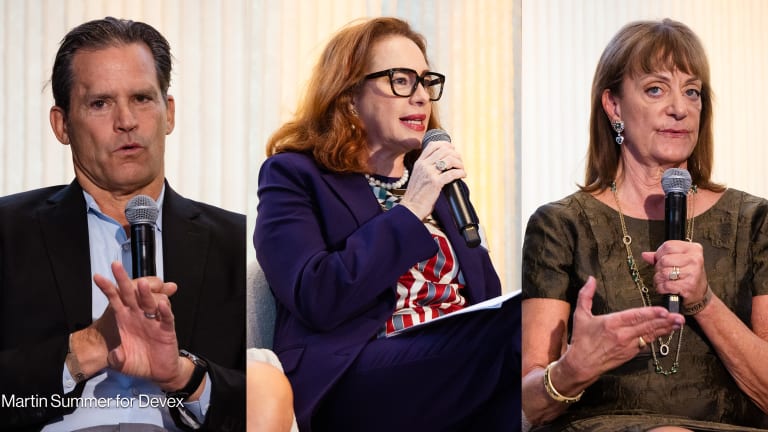The government of Sweden has accepted an invitation from U.S. President Barack Obama to join Power Africa, an initiative to double access to energy in sub-Saharan Africa. Sweden will commit an additional $1 billion to complement the U.S. government’s $7 billion investment in Africa’s energy sector, according to Anders Borg, Swedish minister of finance.
“If we take a really long term perspective … then we will have an Africa with 2.2 billion people” by 2050, Borg said at the Corporate Council on Africa’s Business Forum’s Power Africa Luncheon on Monday.
The minister added that if access to consistent power can help those people achieve middle-income status in that time, that means “in Africa we have two new Chinas coming in the next 30 to 40 years.”








